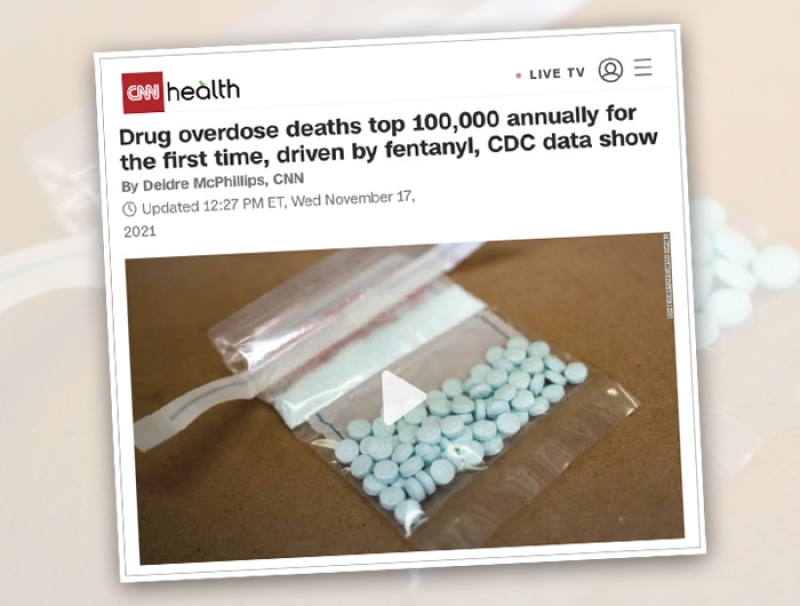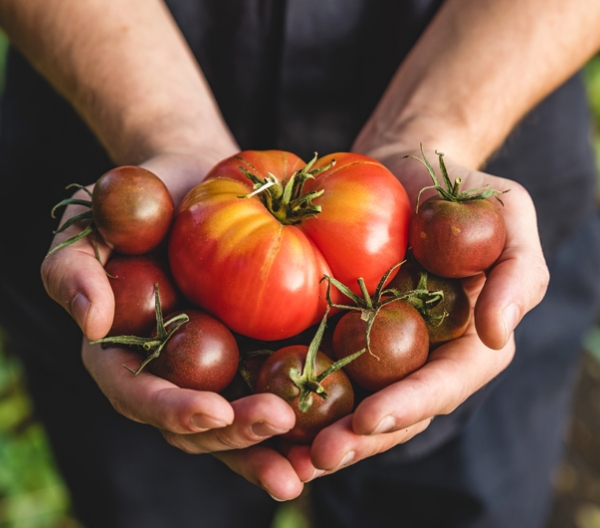Peter’s Memo: FDA should protect patients and the public
In June of 2017—a year that would see nearly 70,000 Americans die from drug overdoses—the Food and Drug Administration asked the makers of Opana ER to take its opioid pain tablets off the market after the drug was linked to an outbreak of HIV infections. (People had started injecting it.)
Technically, the law only requires the FDA to consider whether a new drug is safe and effective as “prescribed, recommended, or suggested” on its label. (That also applies to “biologics” like vaccines.)
But in its letter to Opana ER’s manufacturer, the FDA went beyond that. For the first time, it cited the “public health consequences of abuse” of an opioid.

A little-noticed draft guidance issued by the FDA this past September suggests that the agency will consider the public’s health more often in the future. In some cases, it will take into account risks such as “misuse, accidental exposure, or disease transmission”... and not just for patients who are prescribed the drug.
That’s welcome news, as I recently wrote in the Journal of the American Medical Association with Josh Sharfstein, vice dean for public health practice and community engagement at the Johns Hopkins Bloomberg School of Public Health. It’s a sign that the FDA plans to use its regulatory powers to more fully protect the public’s health.
The implications go beyond opioid drugs like Opana ER. For example, the FDA might consider whether the overuse of antibiotics promotes the spread of bacteria that are resistant to those antibiotics or whether vaccines can help us reach herd immunity.
When it comes to tobacco, the law already requires the FDA to take into account the impact on the public’s health. Last year, the agency considered the risks of e-cigarettes not only for adults trying to quit smoking but also for young people who may become addicted to nicotine. The FDA said that it would no longer allow companies to market several new tobacco-flavored e-cigarettes if it finds evidence that they’re being used by people who never smoked before.
Between 1999 and 2019, nearly 500,000 Americans died from opioid overdoses. The epidemic is a painful reminder that the risks and benefits of a prescription drug affect not only patients but families and entire communities.
My advice: If you need an opioid, take it for the shortest period and at the lowest dose that relieves your pain.
And if someone you know suffers from opioid addiction, get naloxone to keep around the house. The life-saving drug—which is available as a nasal spray, like Narcan—can counteract an opioid overdose. And you typically don’t need a prescription to get it.
Peter G. Lurie, MD, MPH, President
Center for Science in the Public Interest
Continue reading this article with a NutritionAction subscription
Already a subscriber? Log in

SUPPORT CSPI
More ways to give
Hungry for change? CSPI offers numerous ways to give—choose the one that's right for your financial circumstances. No matter how you choose to contribute, your tax-deductible gift will fuel the fight for safer, healthier food.

